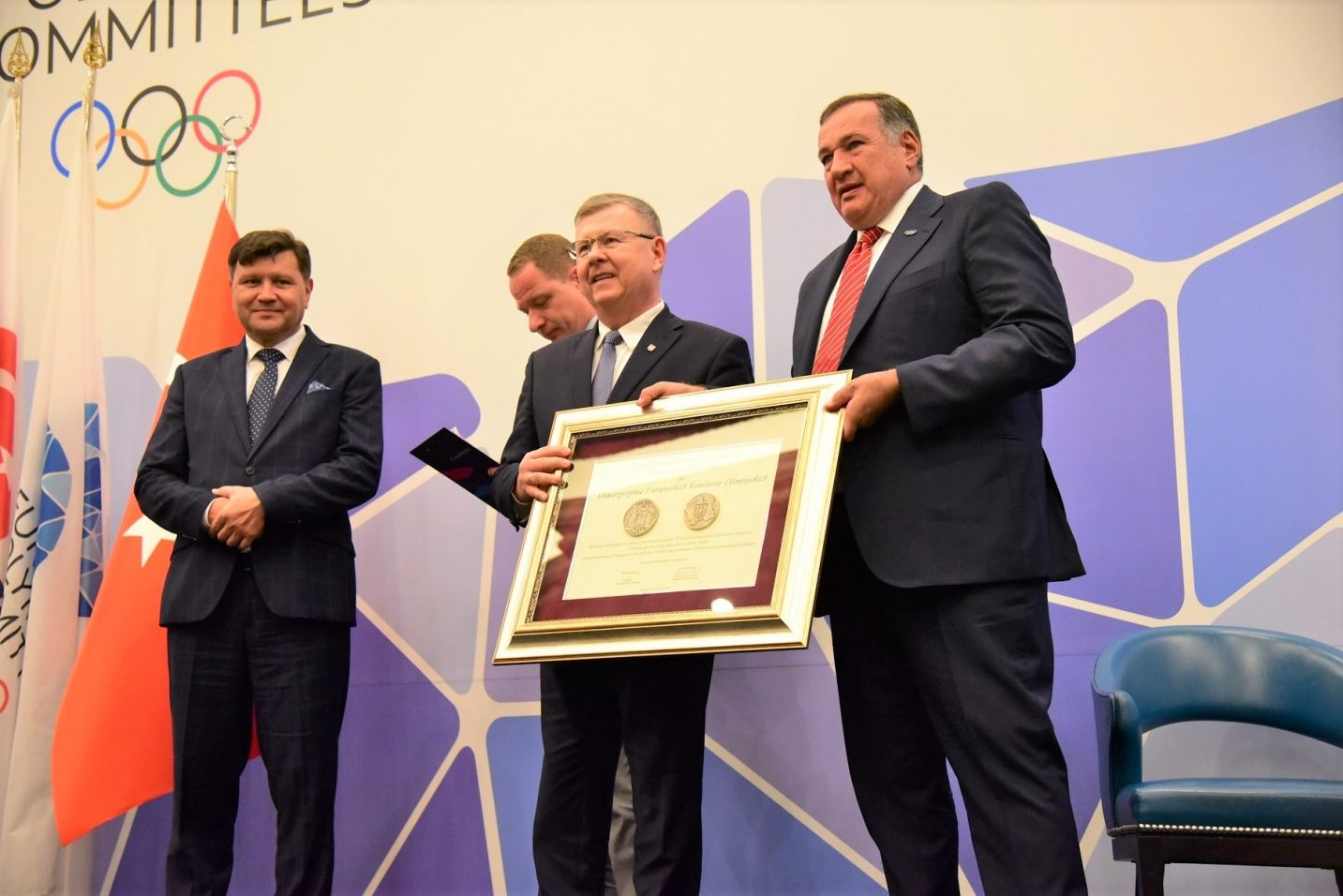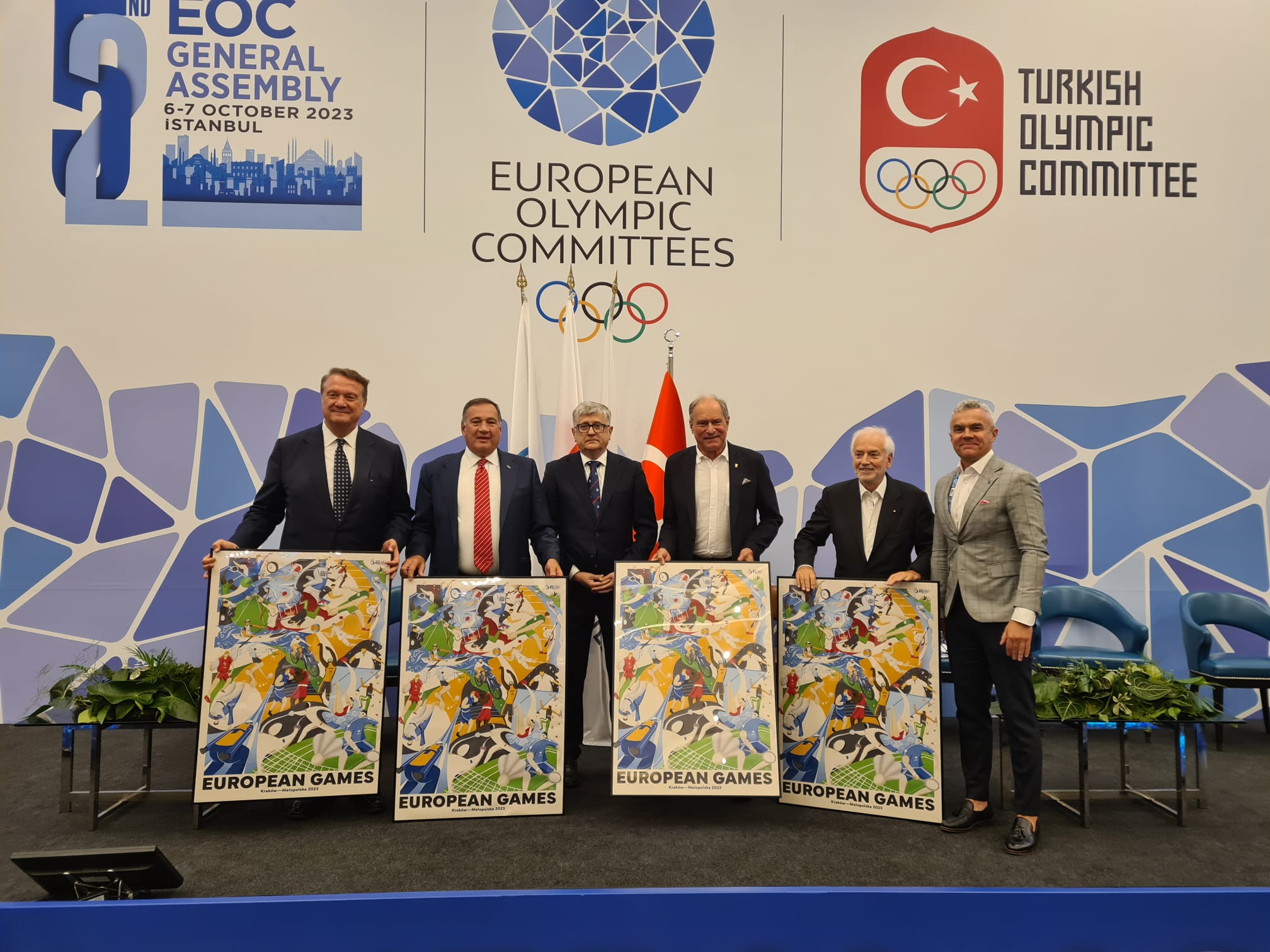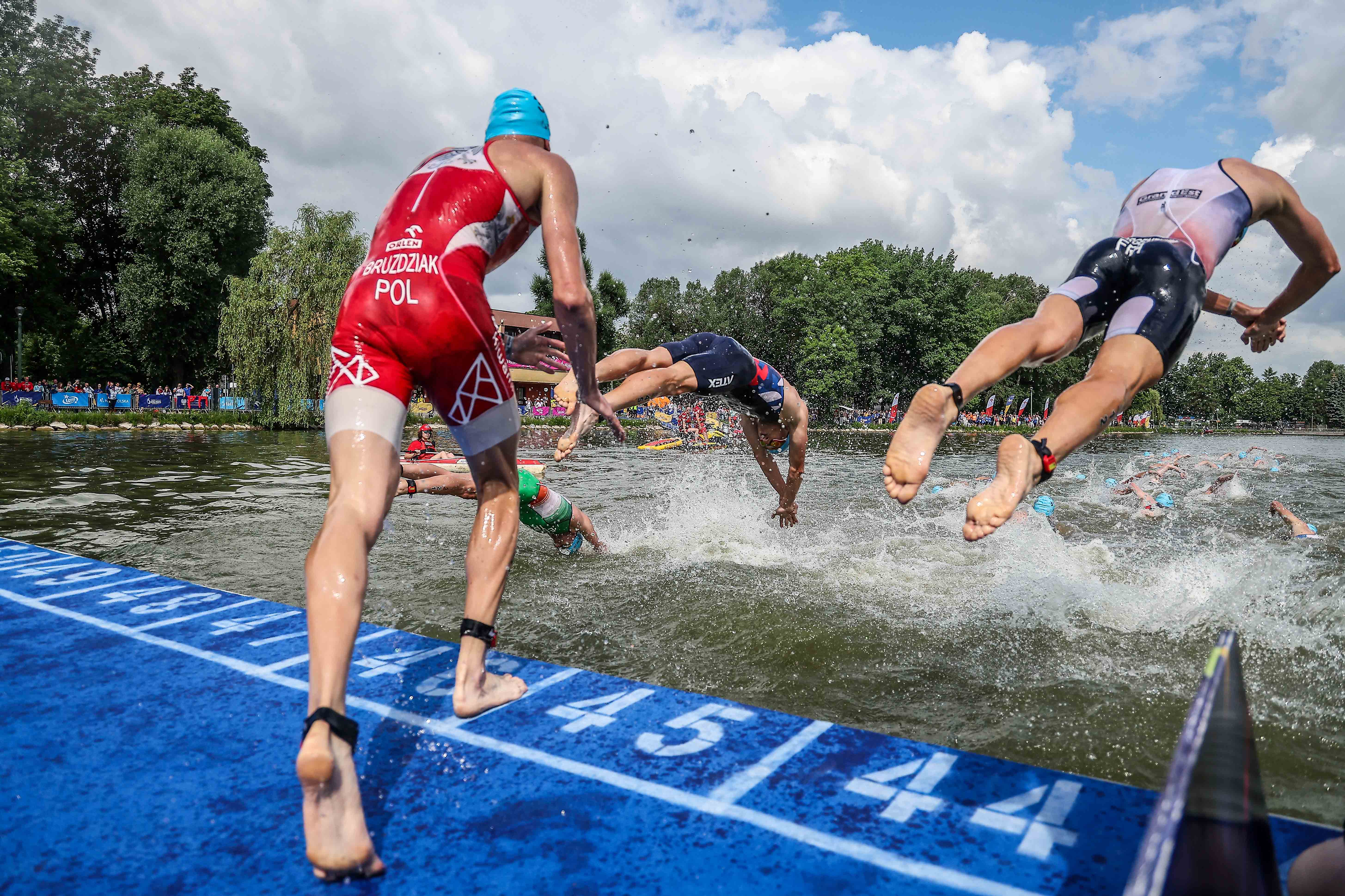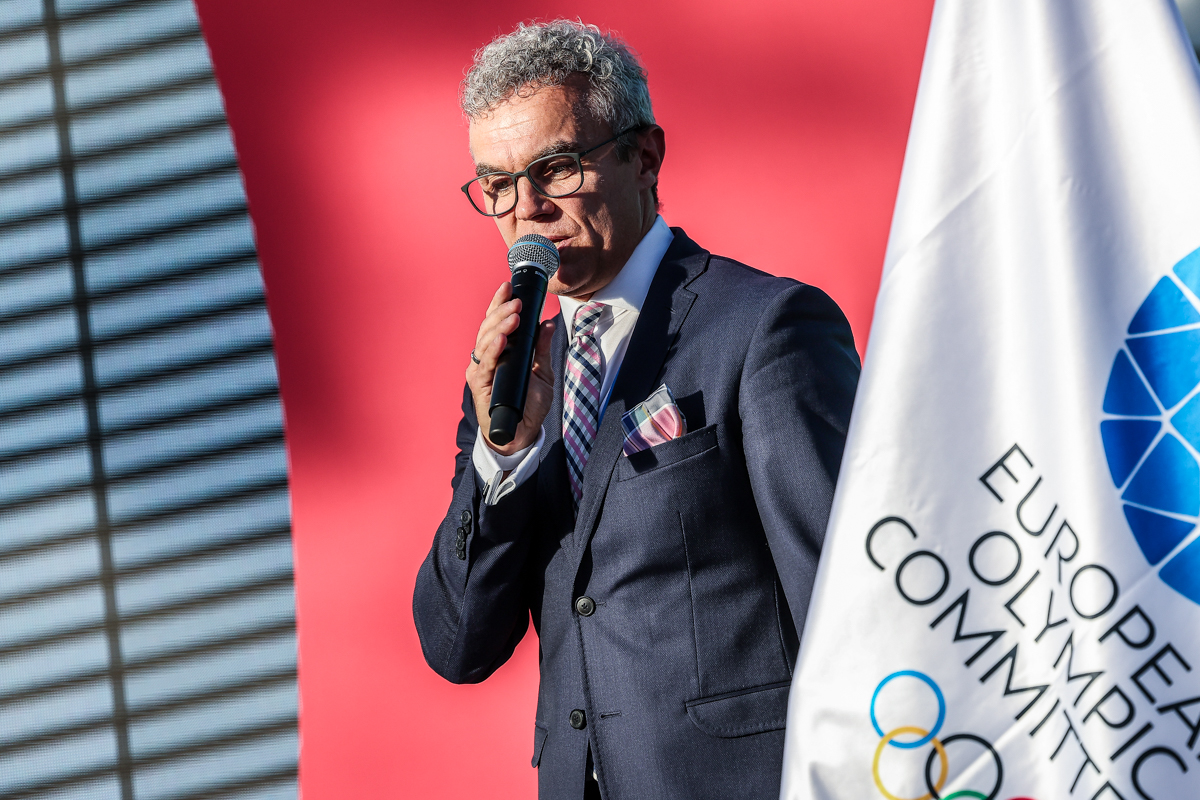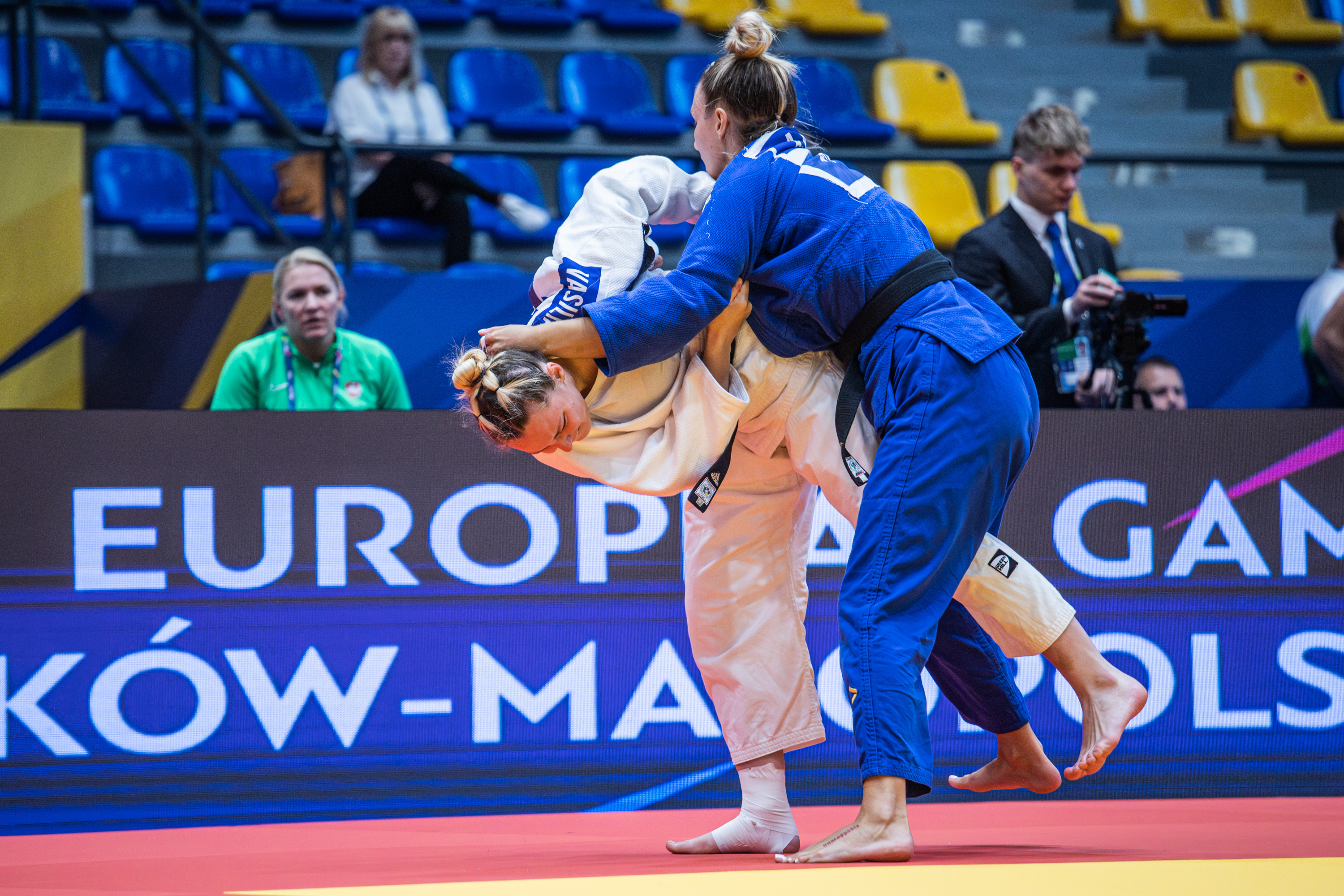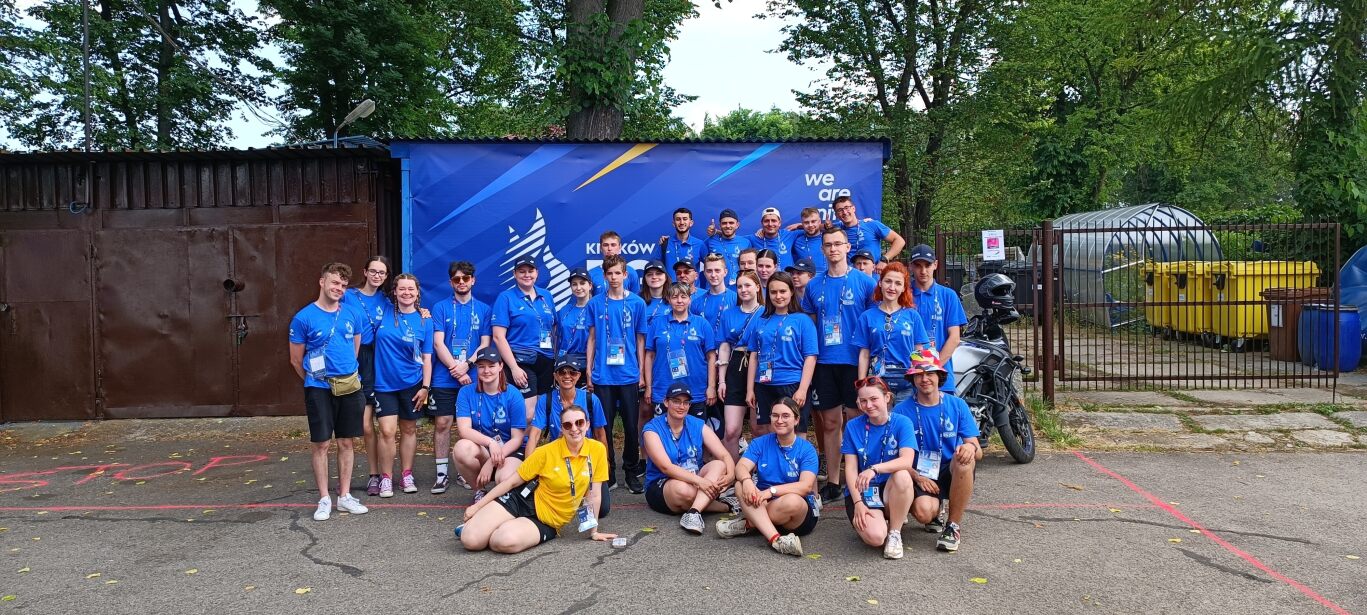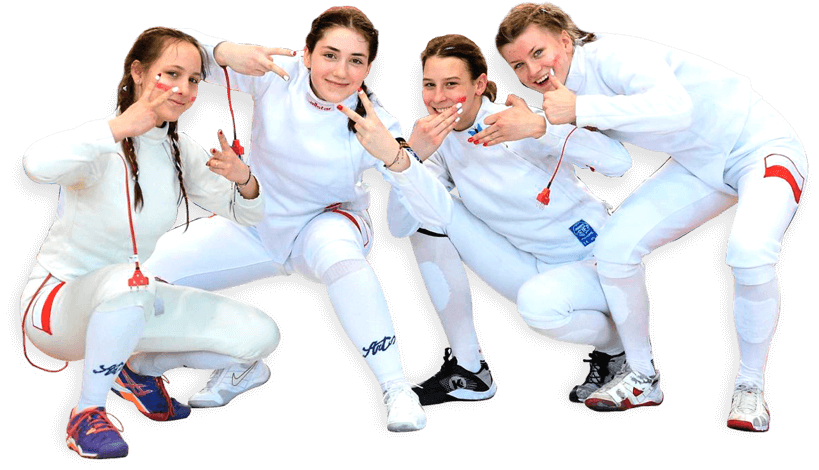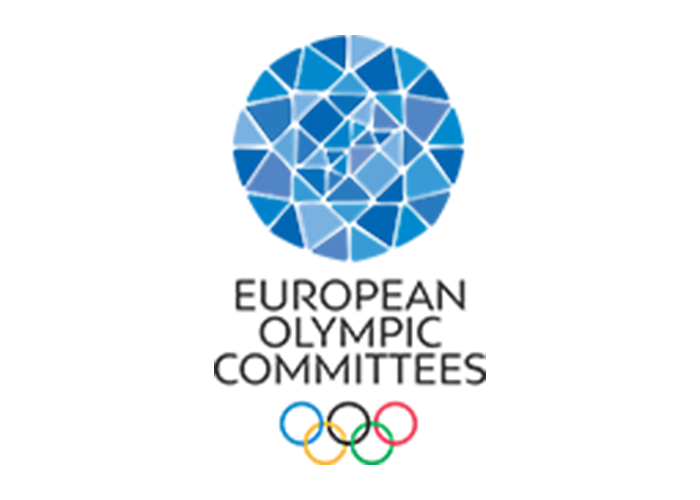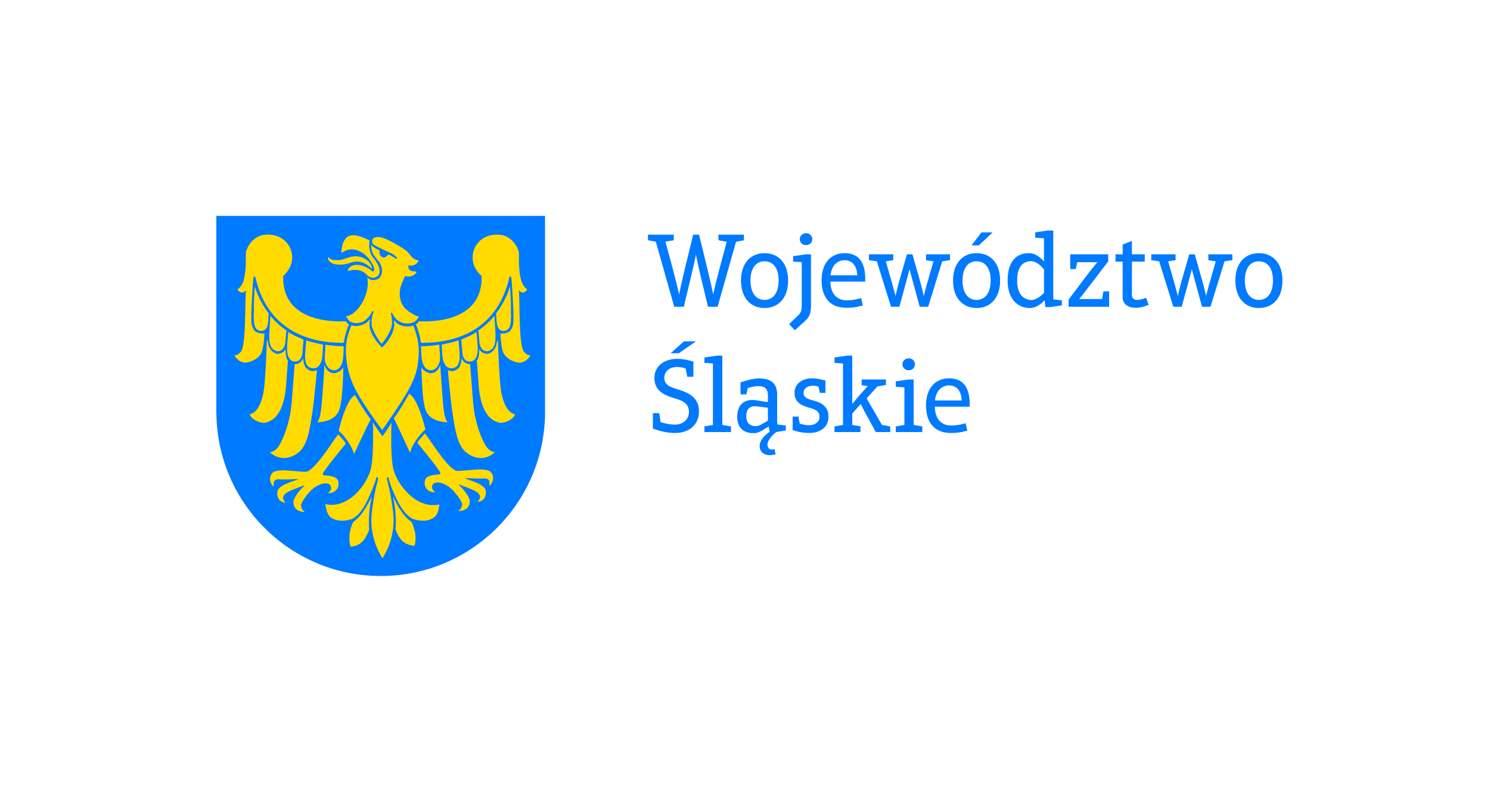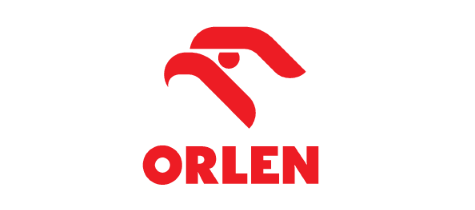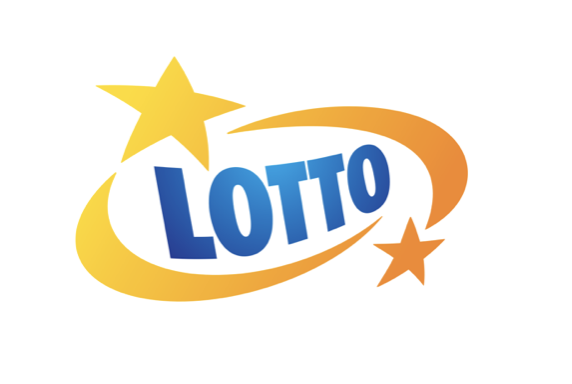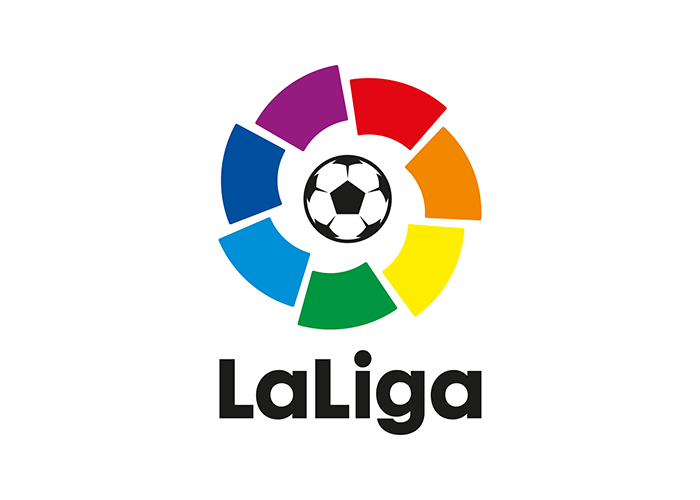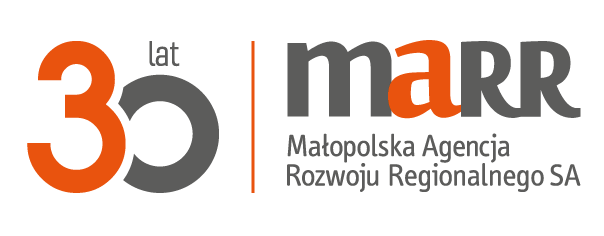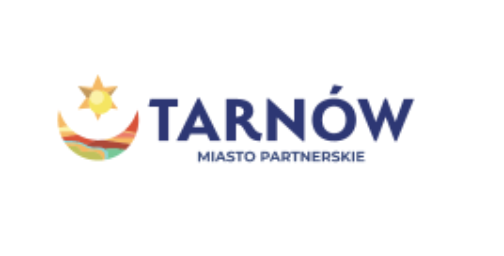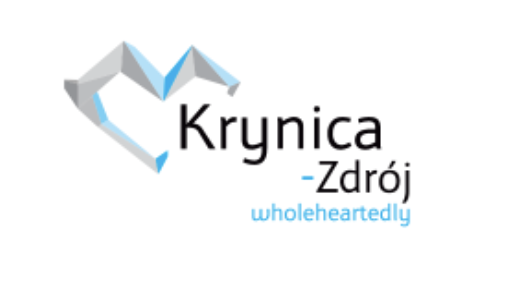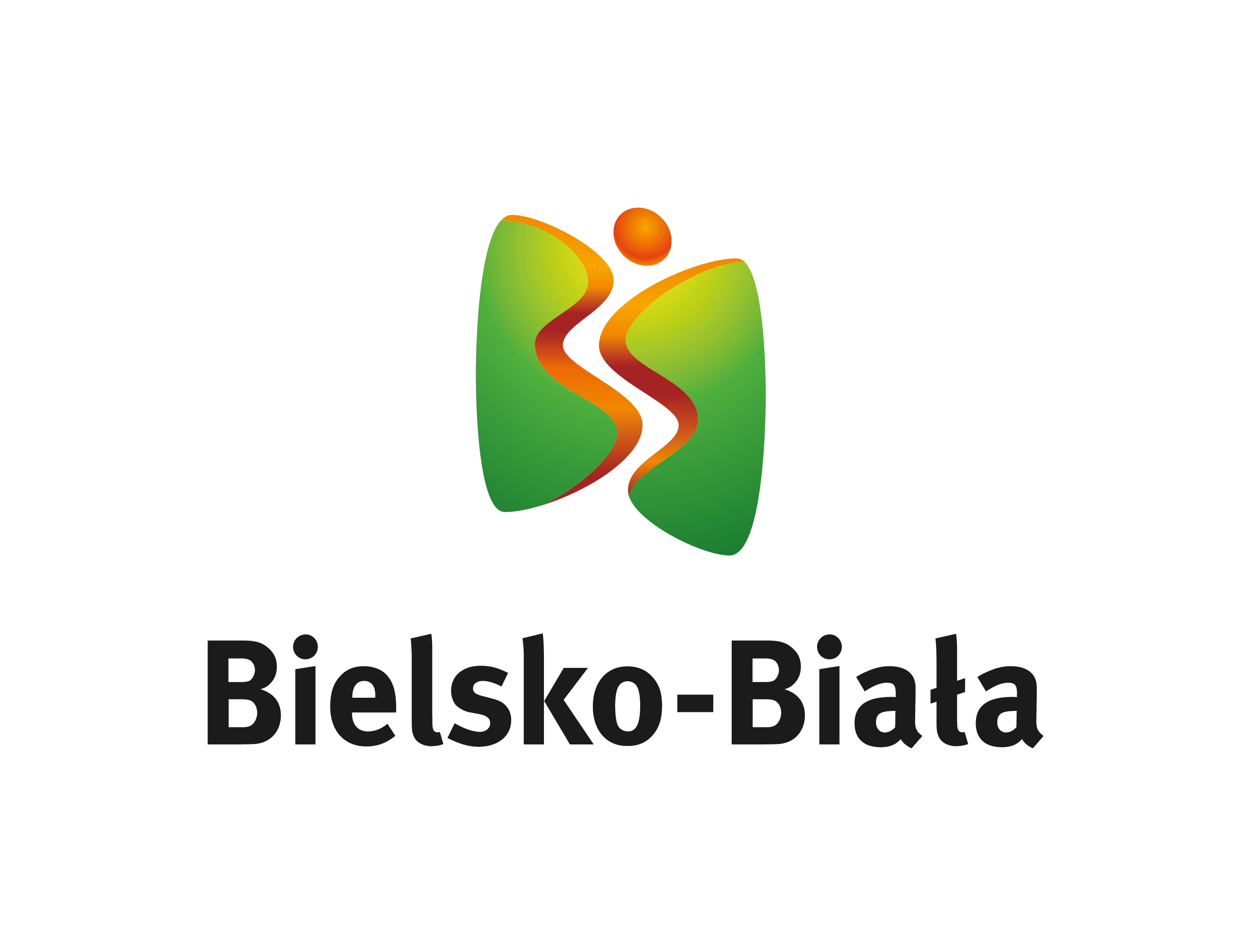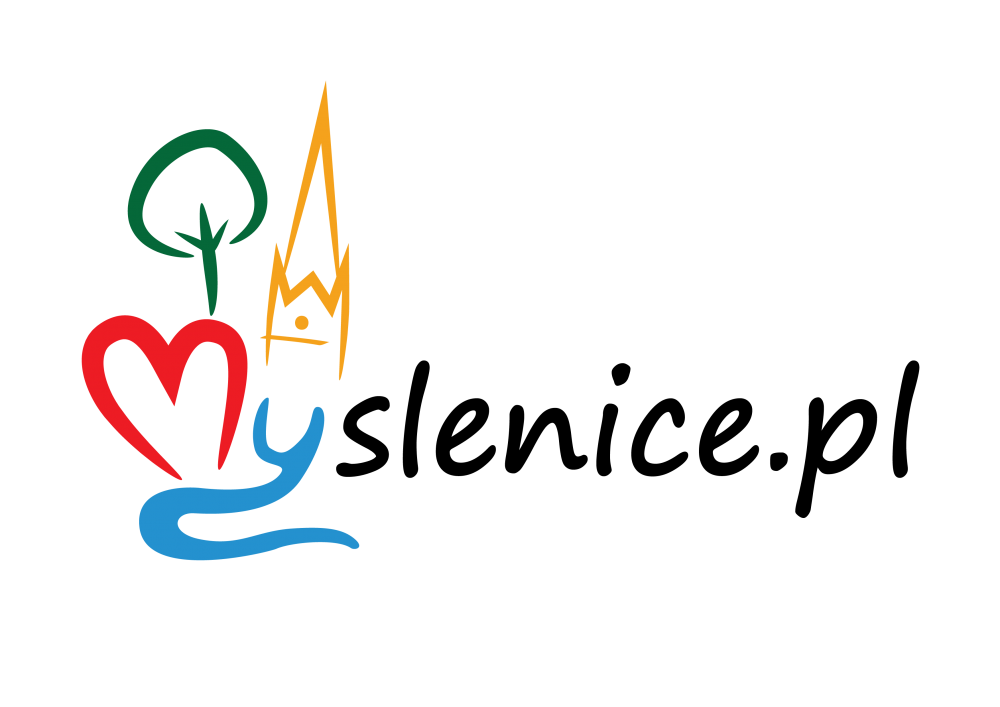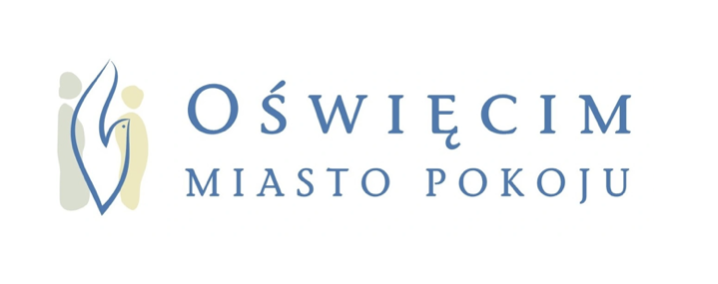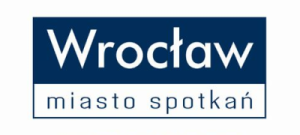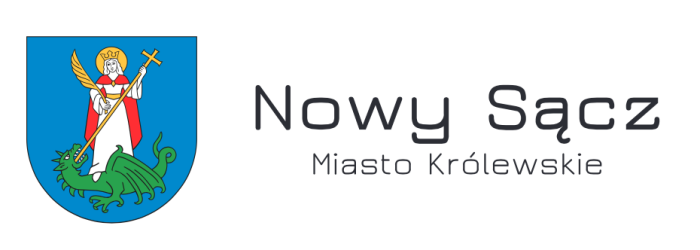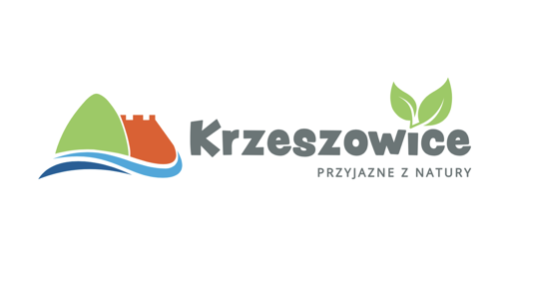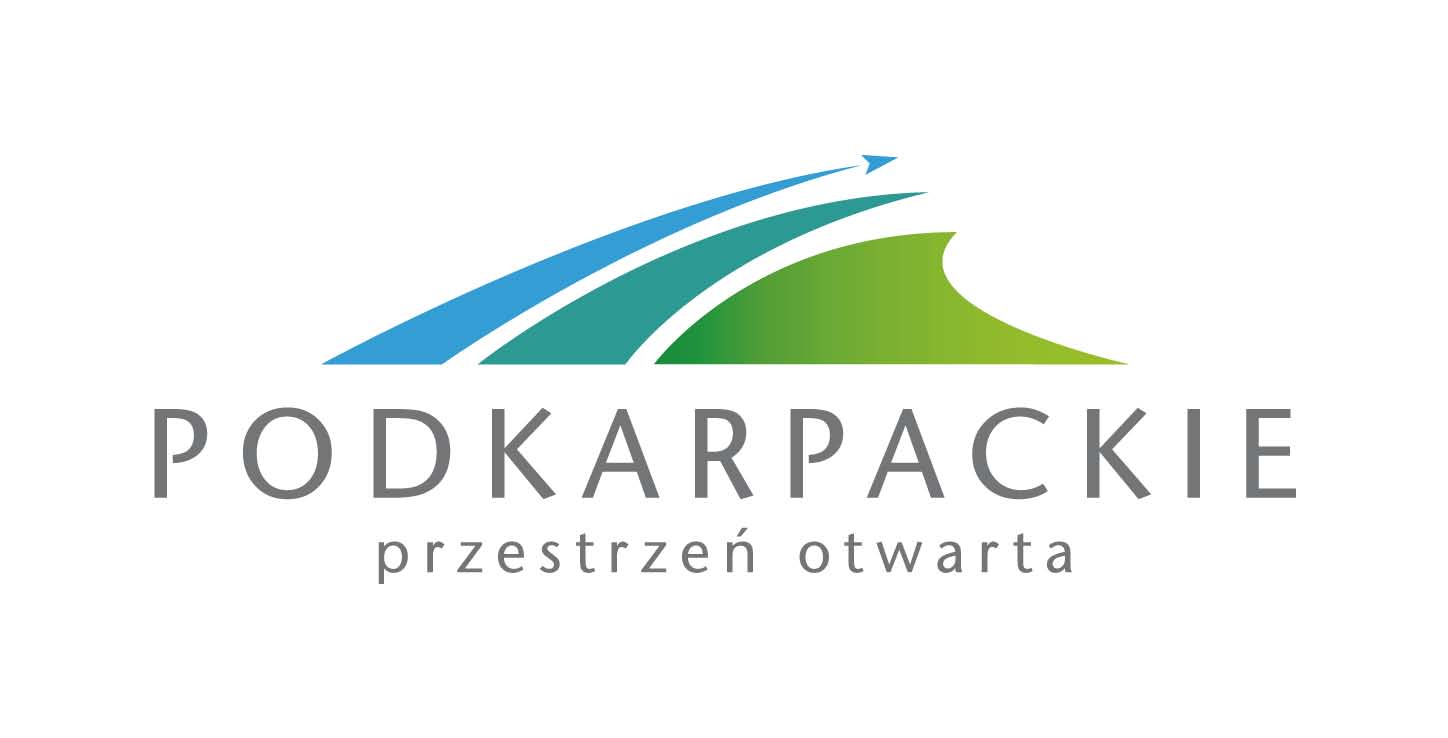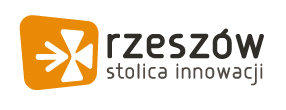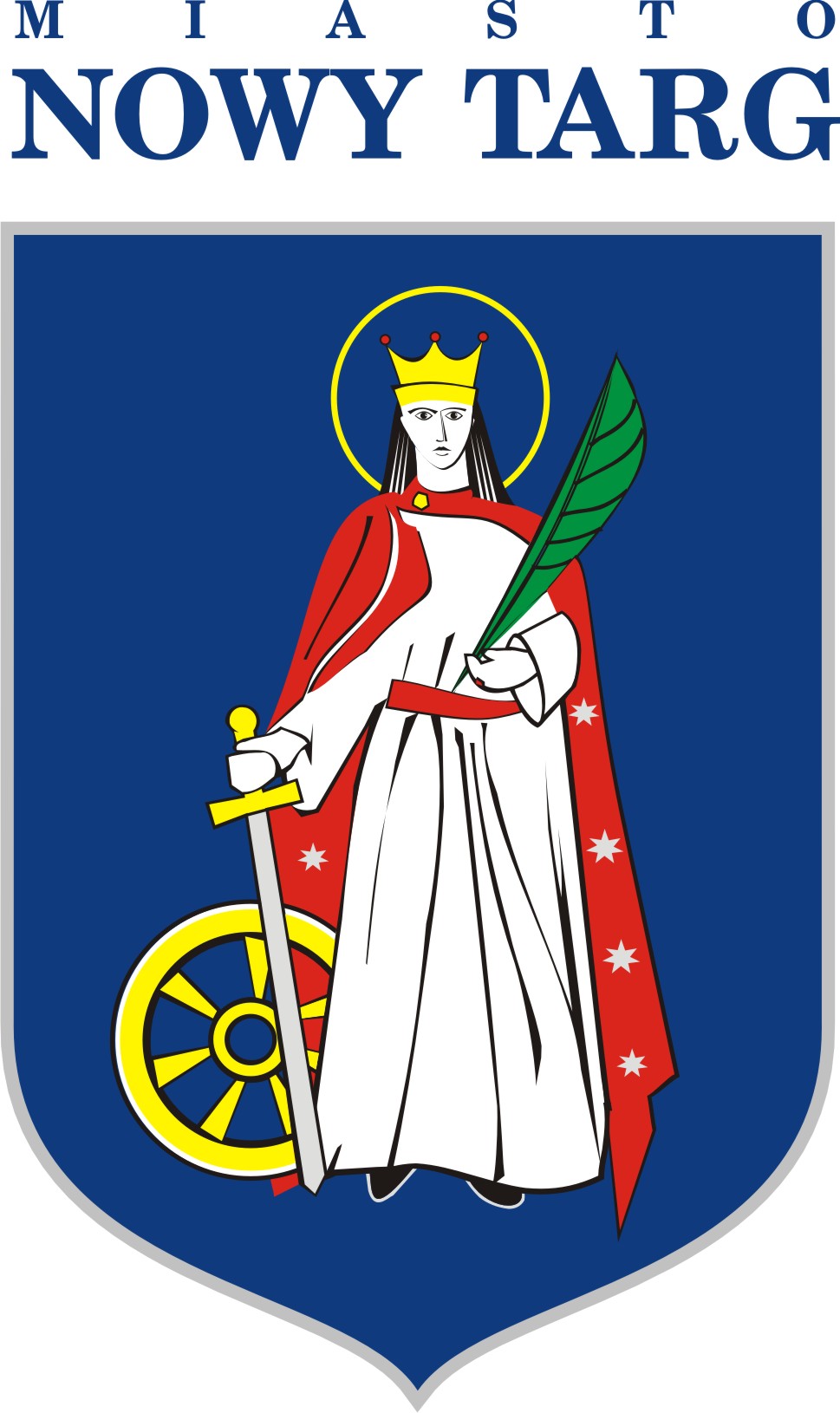Anti-doping controls during the Games will be conducted by POLADA
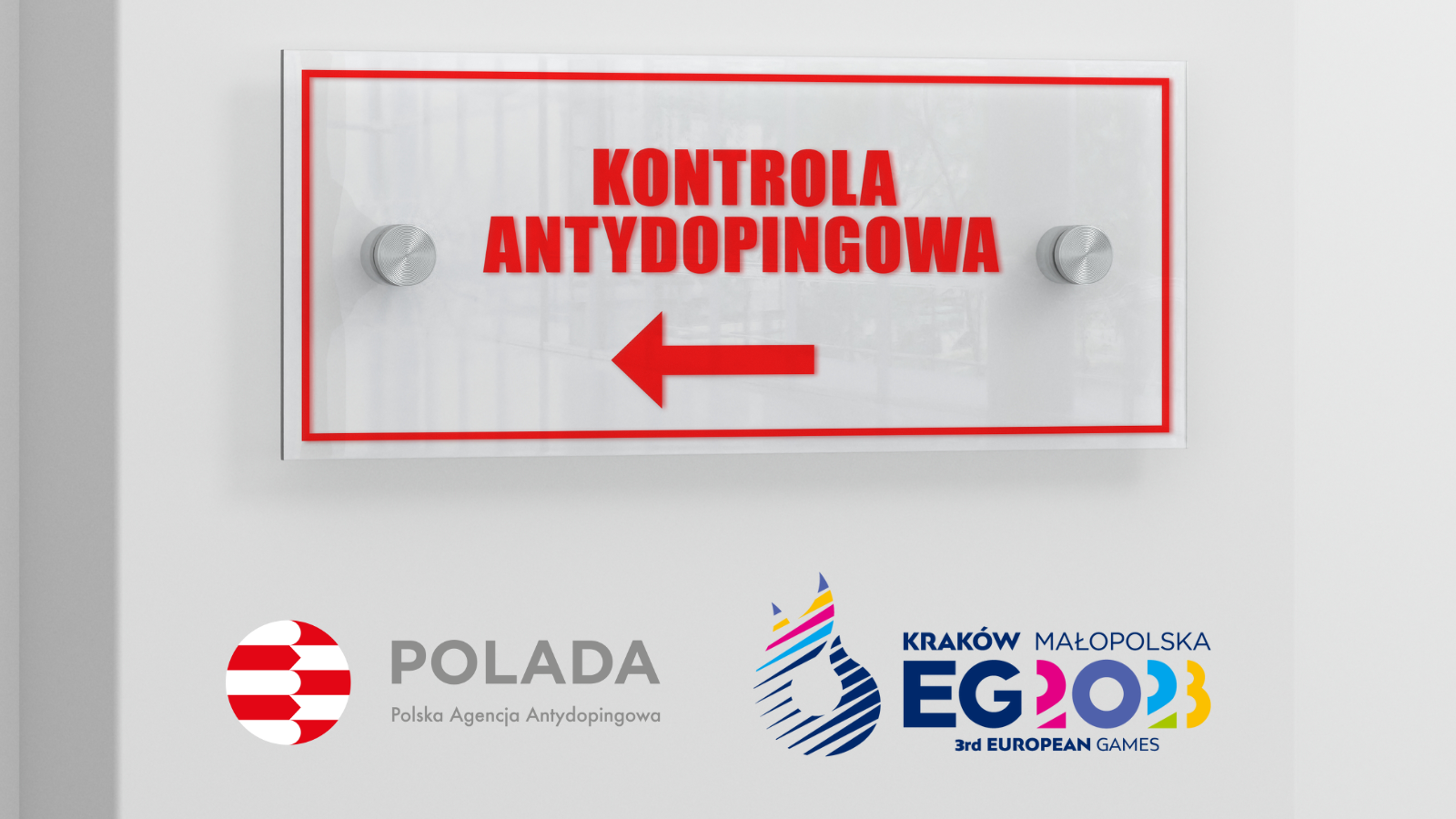
The idea of clean sport and fair play are among the most important values of the Games. That’s why one of the leading challenges during the upcoming sport celebration will be a meticulous anti-doping control process. The Polish Anti-Doping Agency (POLADA) will perform inspections on behalf of the International Testing Agency (ITA). POLADA will be responsible for the preparation of control stations, sample collection and transport, recruitment of personnel, and providing the necessary equipment.
The anti-doping programme at the European Games is a huge project. 60 controllers, 33 control stations, 10 nurses, 10 coordinators, and 120 volunteers will be responsible for the process of testing 1200 samples taken from athletes.
“For the Polish Anti-Doping Agency, this is the biggest undertaking ever. It is important to realize that collecting 1200 samples is an annual plan for some national anti-doping agencies. The team at the Games will be international and will operate under strict instructions from the ITA,” explains Michał Rynkowski, director of POLADA. This is because the ITA will be responsible for preparing the entire anti-doping programme in Krakow and Malopolska. It will be up to its decision who and how the anti-doping controllers will check.
Preparations in anti-doping laboratories are already underway. The best specialists in the country will work on extremely sensitive equipment, every day analyzing hundreds of chromatograms, photos and other data, comparing samples of athletes with banned substances. Before giving the result, each sample will go a very long way and will be checked for thousands of banned chemical compounds. This is because not only substances used most often by rogue athletes will be detected, but also new derivatives of amphetamines, testosterone, or any kind of substitutes for previously used compounds.
For the test results to be reliable, it is not only the exceptional professionalism of the researchers that matters, but also the conditions during transport, and the time of delivery of the sample to the laboratory. There will be only 48 hours to provide the test result – while normally it is done in 20 days. Therefore, during the European Games, the anti-doping control process will last practically non-stop, and specialists will also work at night, to maintain the highest global standards, known from the largest international sports events. The ITA is a global leader, and we can be sure that the Polish Anti-Doping Agency will not fail in this regard either.
“The European Games is a next major event for which the International Testing Agency is leading a comprehensive and independent anti-doping programme. It will be implemented in full compliance with the World Anti-Doping Code using international best practice approaches and the ITA’s experience in managing such large-scale clean sport activities. The ITA will closely collaborate with the Polish Anti-Doping Agency POLADA for a good implementation of this programme for the benefit of fair play and the protection of participating athletes,” adds Marta Nawrocka, ITA Communication Senior Manager.
For the organisers, adhering to clean-game competition and ensuring proper anti-doping procedures is one of the priorities. “Clean sport and fair play are the key aspects for us. I am very pleased that POLADA, which is one of the most rapidly developing anti-doping agencies in the world, will be the executor of anti-doping procedures during the European Games taking place in Poland,” concluded Marcin Nowak, president of the European Games 2023 ltd.
Athletes at the III European Games will compete in places like Krakow, Krynica-Zdroj, Tarnow and Zakopane. Anti-doping controls will be conducted everywhere. A total of 33 control stations will be set up.
